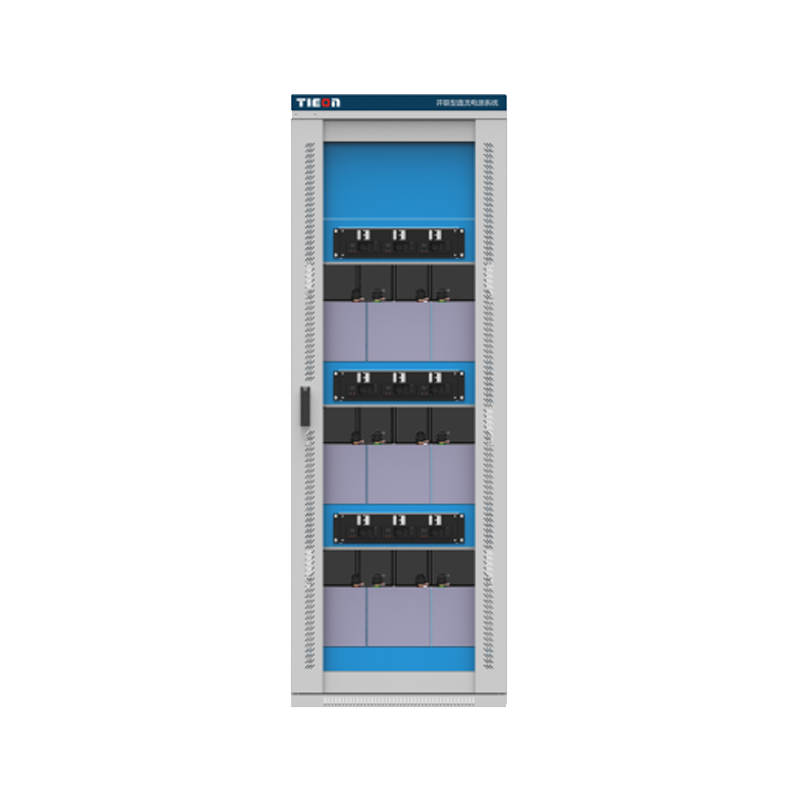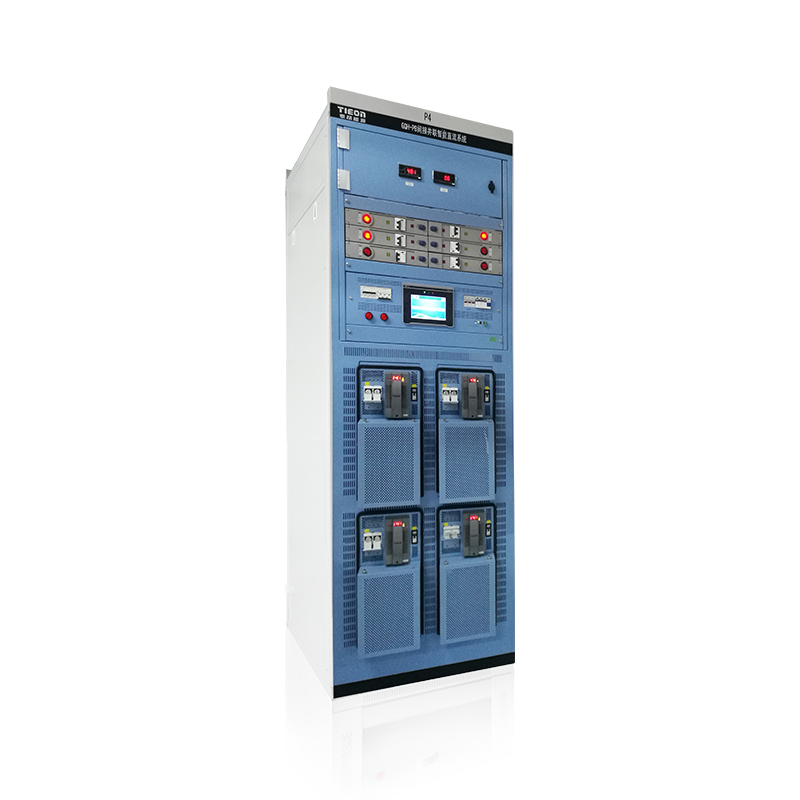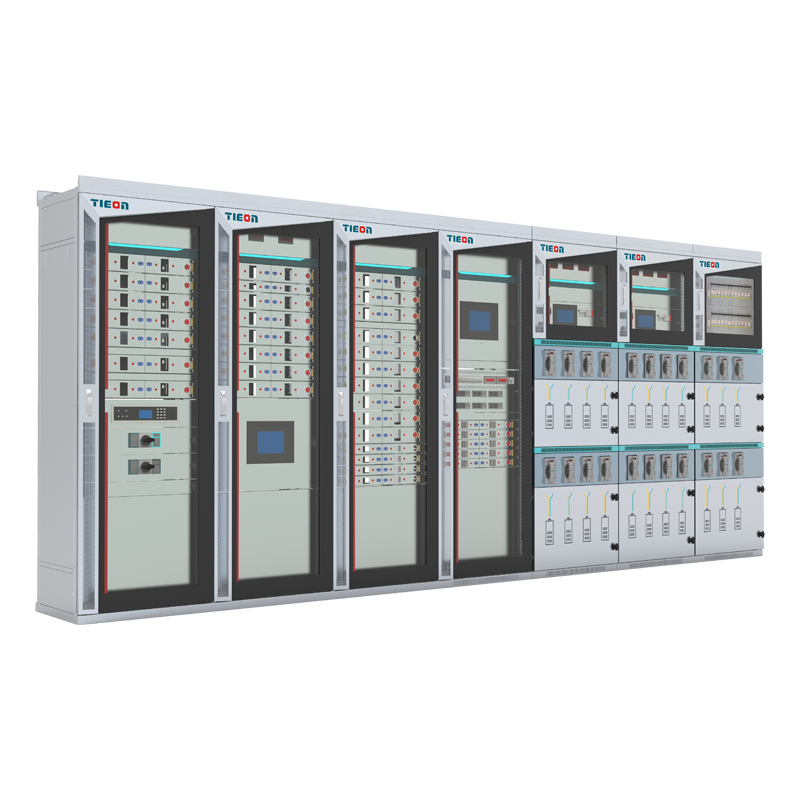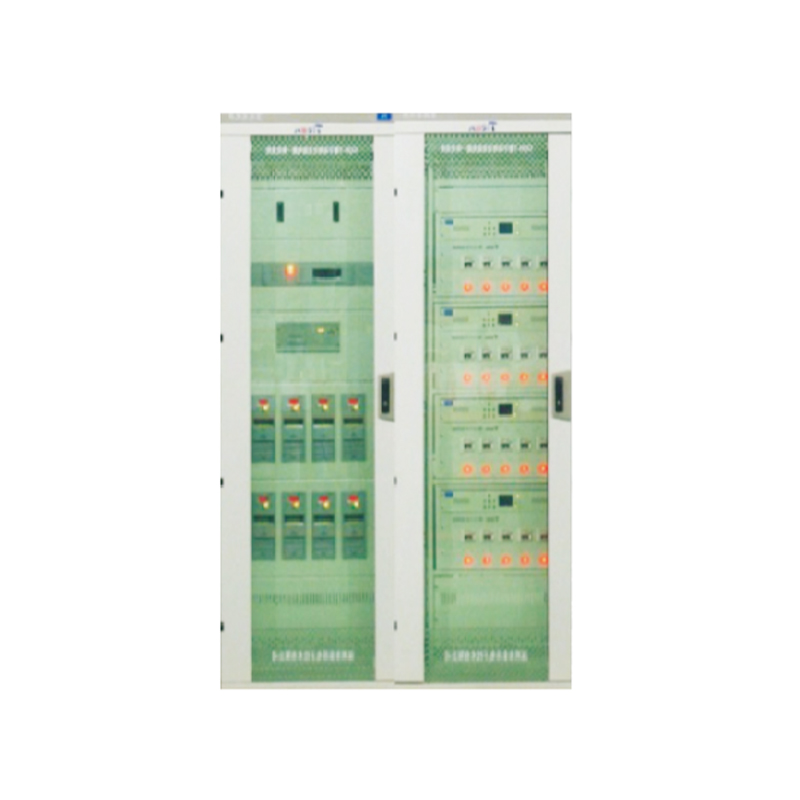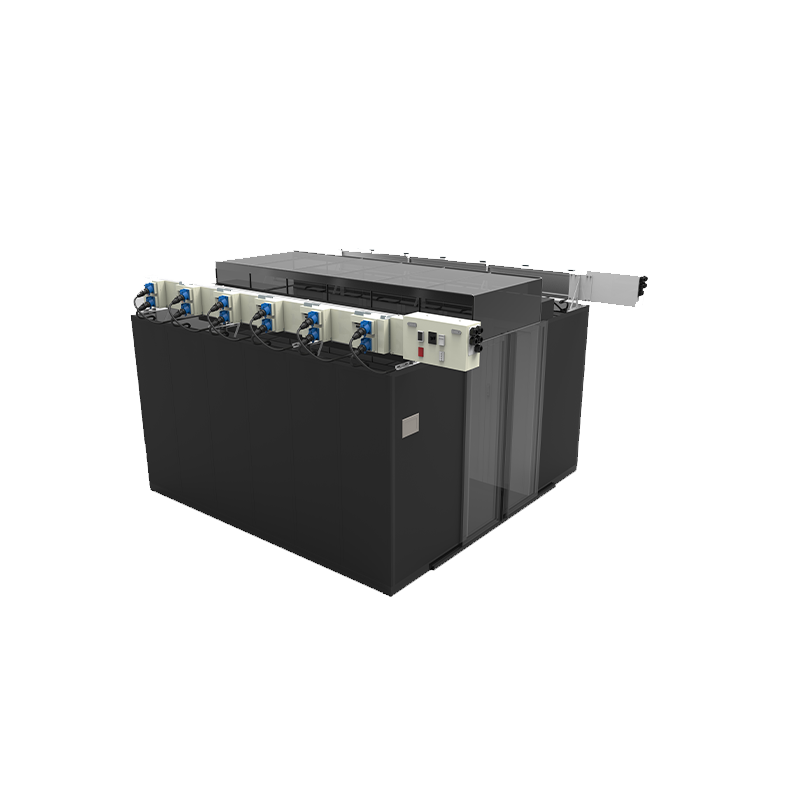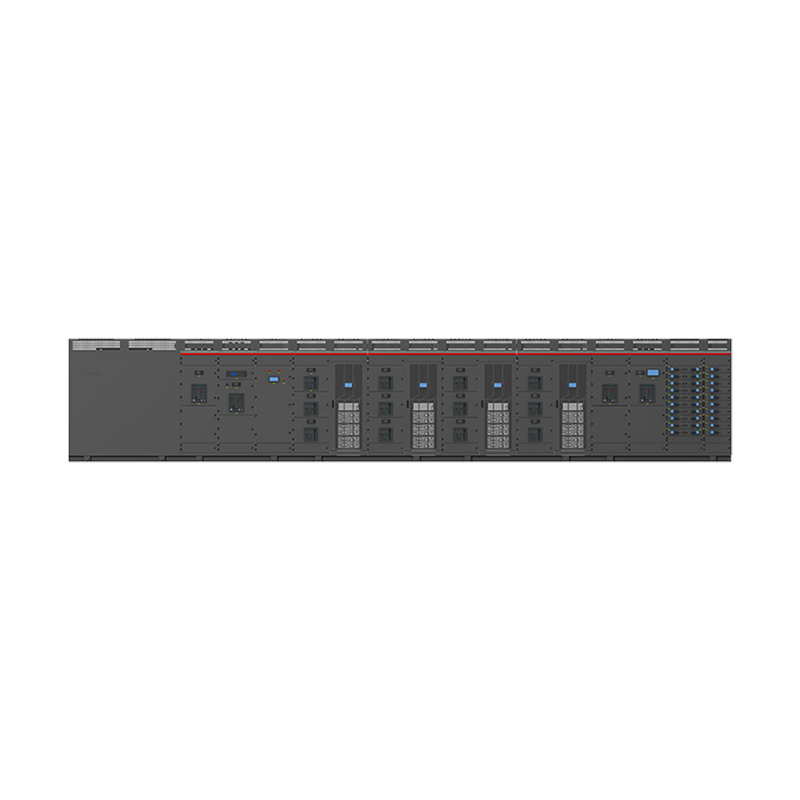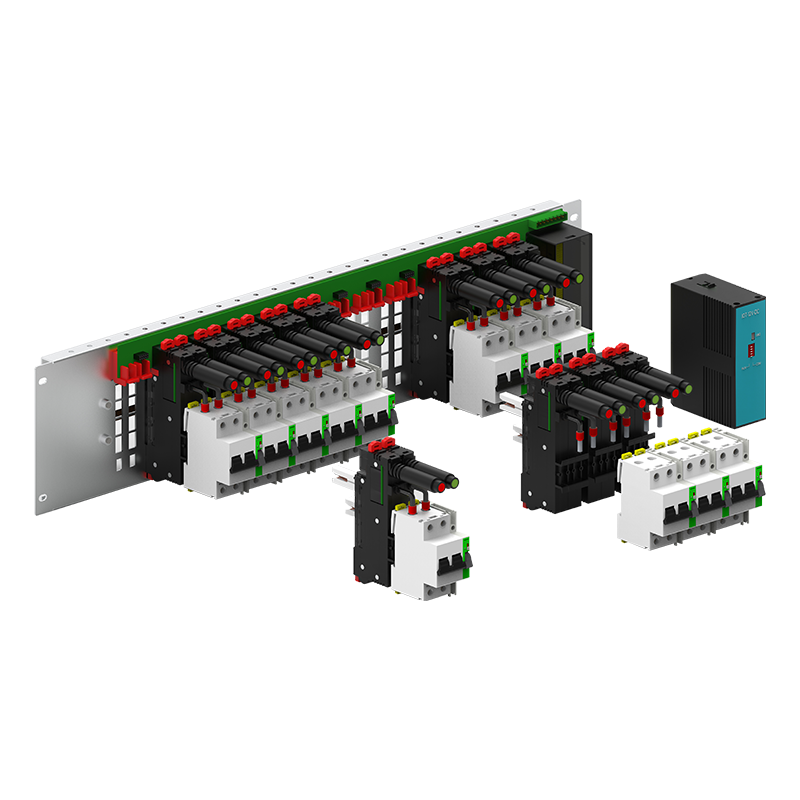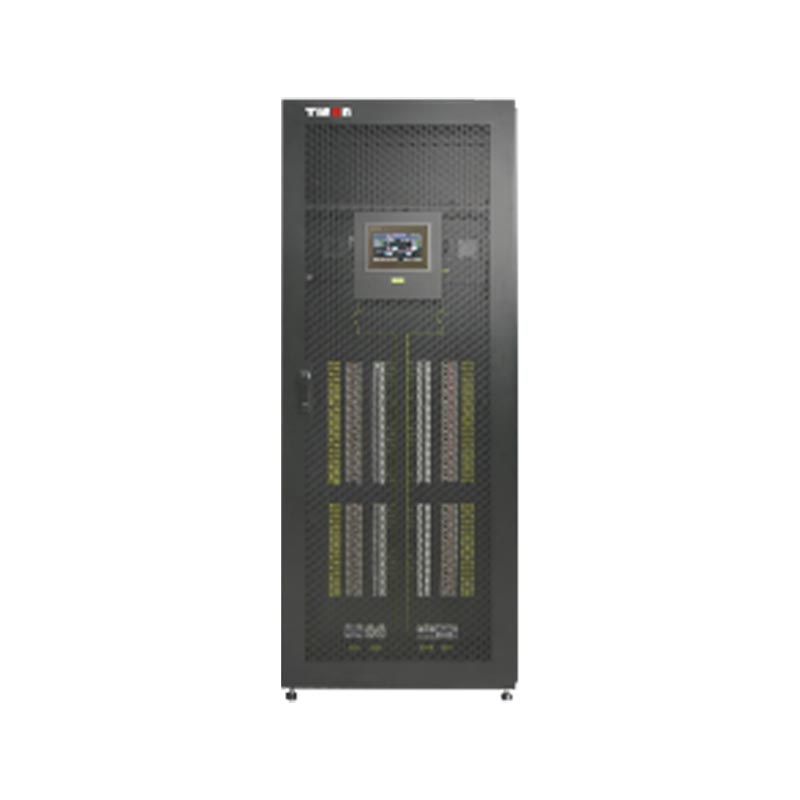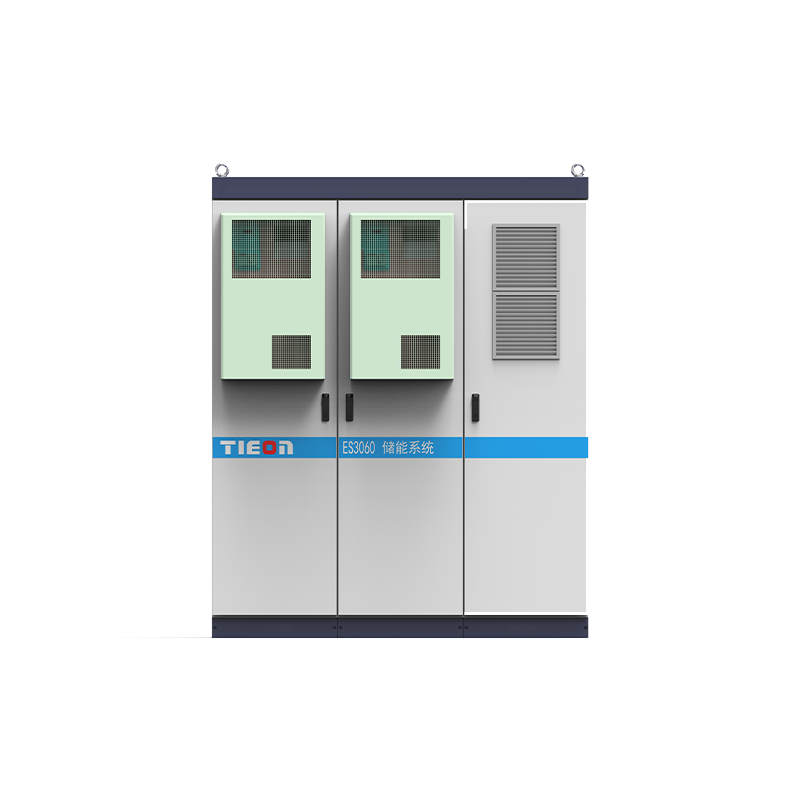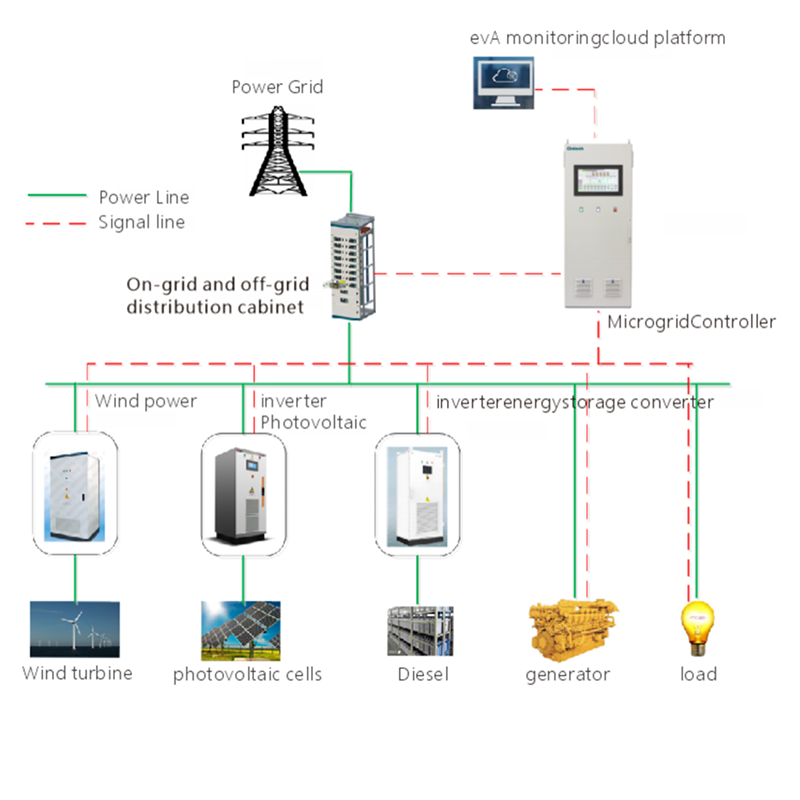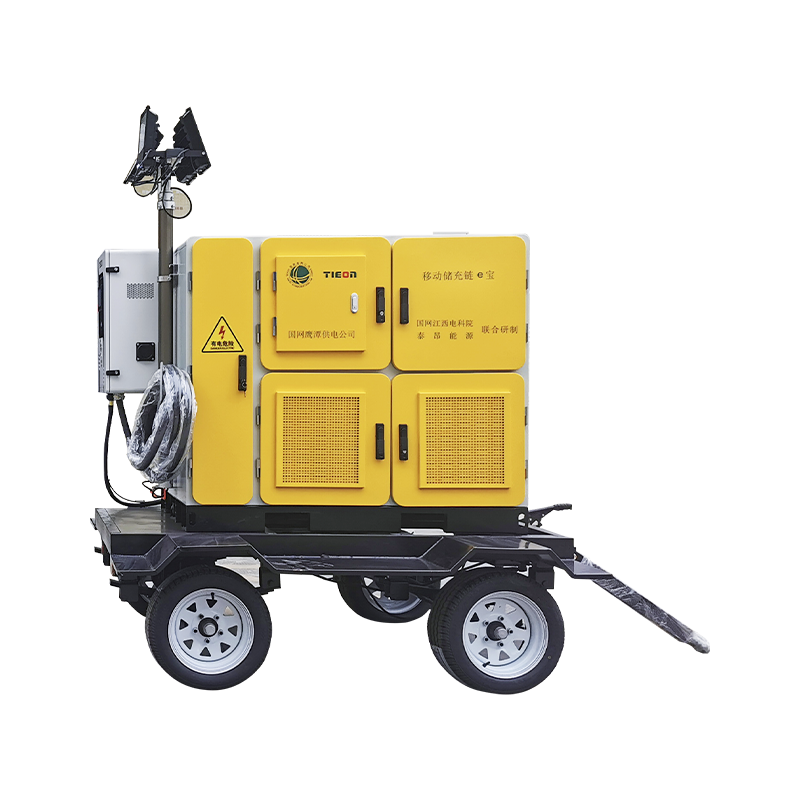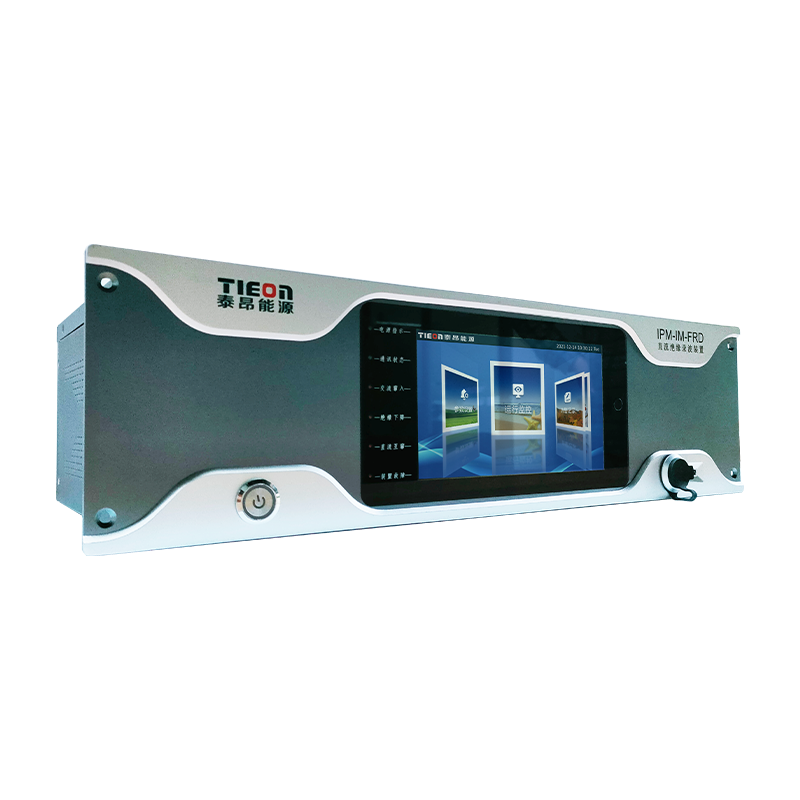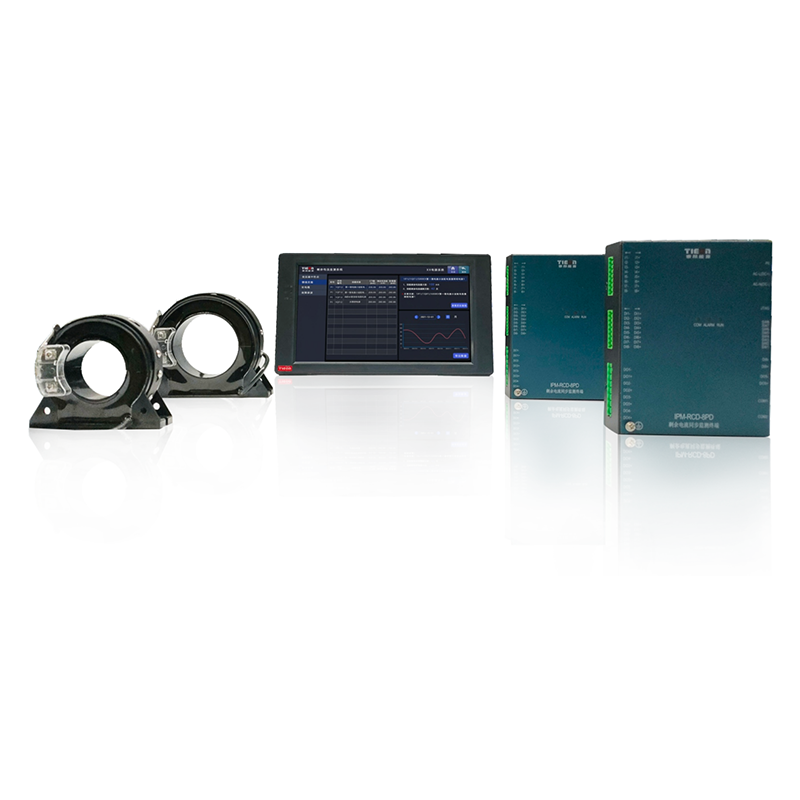Whether upgrading or building a new computer, you cannot whisk aside the Power Supply Unit (PSU). It is the component that converts the AC power from the wall outlet to the DC power that computers and other electronics can use. As touching PSUs, two major types are possible: modular and non-modular
Modularity refers to how cables or wires are connected to the main units. This connection mechanism or approach determines the power system’s cost, tidiness, and management. Generally speaking, cheaper units have all their cables permanently connected and undetachable, while the more expensive ones have detachable cables.
The main difference between a modular DC power supply and its non-modular counterpart is that modular has detachable cables while non-modular does not. Consequently, if a modular PSU contains wires or cables not useful to the electronics you’re trying to build, you can simply remove them, limiting cable cutters inside your units and ensuring a better airflow that can help cool your system. Non-modular DC power supply does not afford this “luxury.”
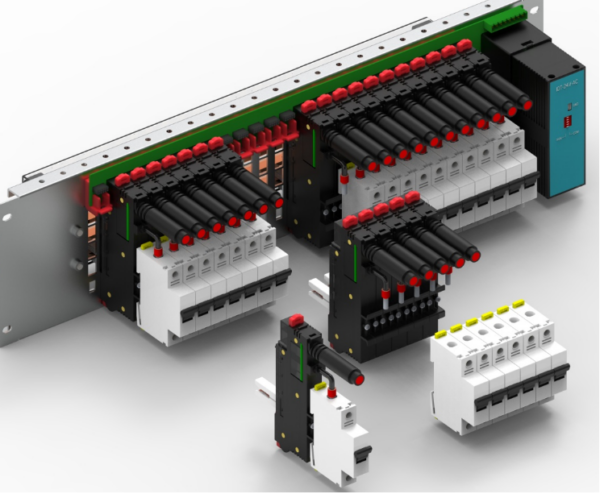
Benefits of a Modular DC Power Supply System
Beyond cable management, this key difference between a modular DC power supply and a non-modular one has further implications. Here are they.
- Flexible Customization
If you build with a modular DC power supply, you can customize your setup to suit your design. Sometimes, designs require the removal or inclusion of components that do not come with PSUs, and the only way to proceed will be to either add or remove them. Only modular DC power supply units or at least a semi-modular type make this possible.
- Easy Maintenance
One of the routine maintenance practices we do for electronics is cleaning. Dust and debris often find their way into the compartments, and without adequate access, it can be difficult to remove them. Since a modular DC power supply system allows for cable removal, it’s comparatively easier to clean than the non-modular type.
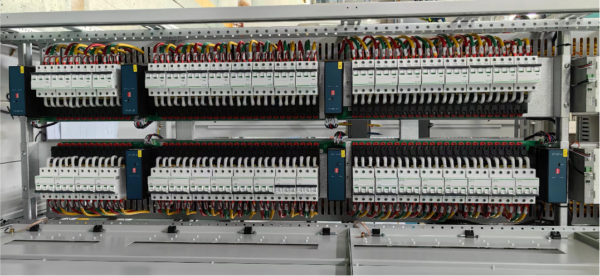
Downsides of a Modular DC Power Supply System
Besides being more expensive than non-modular power units, modular DC power supply systems are more susceptible to loose connections and faults than non-modular ones. Although being detachable is a benefit, constantly doing so exposes those cables to wear and tear. Also, you need above-average technical know-how to install this PSU type, especially at the beginning.
Auxiliary Power System
If you need an extra power supply for a specific component of your electronic design, an auxiliary power system does that. It can accommodate both modular and non-modular power supplies but you must consider a few things before choosing a PSU for an auxiliary power system. These include.
- The power output. The wattage that this PSU will supply must be sufficient to power the APS itself and the components.
- The efficiency rating is advised to be 80+. Also, confirm that such has relevant certifications.
- The PSU must have compatible connectors with your auxiliary power system.
Conclusion
Modular and non-modular power supplies have their own advantages and disadvantages. As such, when choosing one for your PC or other electronics, consider things like technical know-how, the need for customization, and how to clean or maintain it when the need arises. One thing is certain; if you’re budget-constrained, you will most likely look the way of a non-modular power supply.

